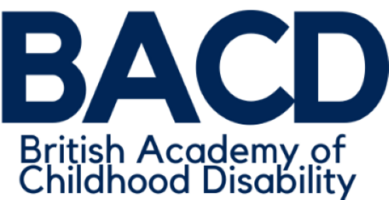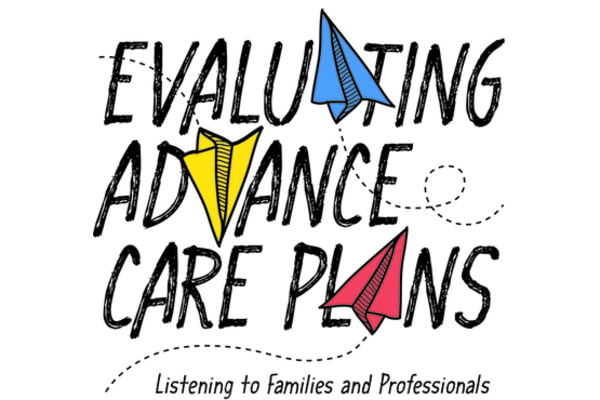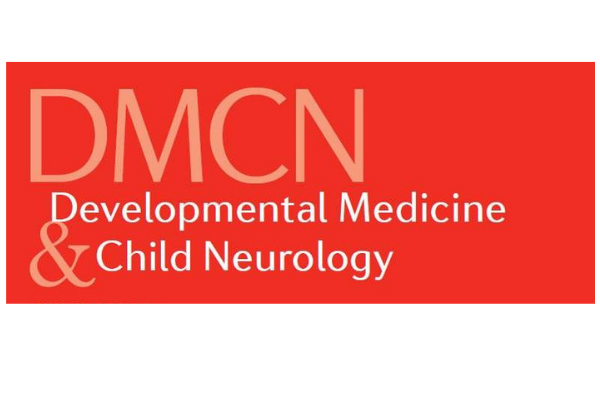A Rapid Scoping Review - The Impact of the COVID-19 Pandemic on the Education, Health and Social Care Provision for Children with Special Educational Needs and Disabilities (SEND)
This rapid scoping review was conducted to inform the Ask, Listen, Act Study funded by the National Institute of Health Research and focussed on studies that involved children with SEND.
Conclusion
The COVID-19 pandemic has disproportionately impacted children with SEND, exposing and exacerbating already stark inequalities and weaknesses in SEND provision (CQC & Ofsted, 2021; Harris & Davidge, 2019: Byrne et al., 2020; National Autistic Society, 2020; Alghrani & Byrne, 2020).
The evidence indicates that children with SEND’s education has been adversely affected during the pandemic.
Although children with an EHCP plan should have been able to attend school, the majority did not, and many were not offered a place in school. Online learning was not an adequate substitute for children with SEND as it was inaccessible, and work was not differentiated and individually tailored to their needs. Furthermore, in many cases, health and social care provision completely stopped, or moved online, with a negative impact on children’s physical health.
Many children with SEND struggled with deteriorating emotional well-being and mental health, for which there was little or no support. With very little respite care available, families of children with SEND have been left exhausted and sometimes in despair. Eighteen months on from the beginning of the pandemic, support for children with SEND and their families has still not fully returned.
Recommendations from the evidence are orientated around the need for children with SEND to be prioritised in recovery plans moving forward after the pandemic.





